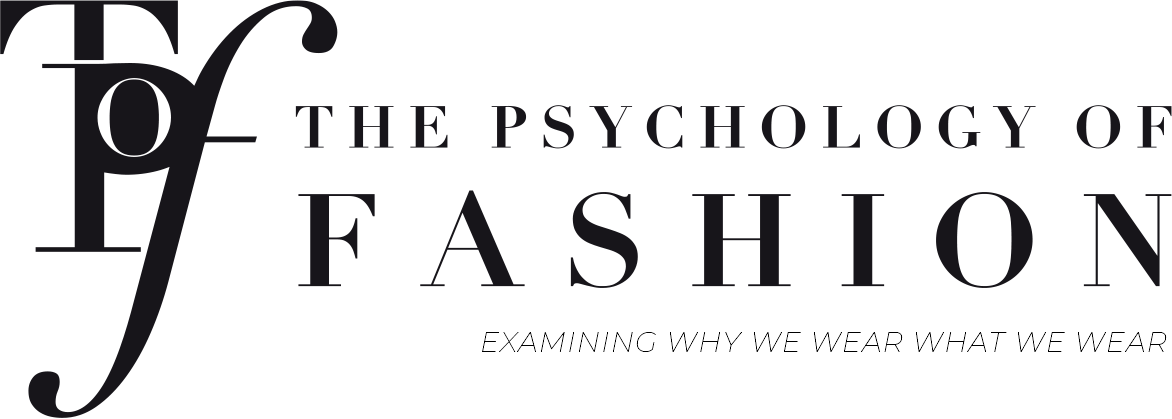In the wake of social isolation, “logging on” feels less like a verb and more akin to the sentiment, “holding on”: we are leaning on social media to cope. Sharing pictures on social media was the new normal well before Coronavirus, but in the midst of the pandemic, we’re seeing online communities post updates on their lives even more than usual. This influx is sensical, considering our instinctual yearning to feel connected to others, and yet it also highlights a more unpolished, raw side to social media that we haven’t seen in a long time. This new vanguard is similar to the first wave of Instagrammers who posted basic brunch pics and used the Valencia filter on their selfies. It’s the surge of games being played online right now, from the “tag 10 friends” in your IG stories to the “until tomorrow” captions (I won’t spoil the surprise that comes with them) that really underscore the new, noncompetitive vibe of the virtual world. As even top influencers are no longer able to post from dramatically luxurious hotel suites in head-to-toe Balenciaga, and we’re all just, you know, at home, the social hierarchy feels levelled.
Aimee Song sharing what her #stayhome days are like on IG. Photo: Aimee Song (@aimeesong)
Amid the changing landscape is also the rise in #StayAtHome aesthetics, which are well documented by accounts and hashtags, like @wfhfits. The aesthetic is most notably marked by elevated loungewear, sleepwear, and easy, gauzy separates. And if anyone was previously on the fence about buying into the resurgence of the oversized, 90s style sweatsuits that have been worn by the likes of Bella Hadid and Kaia Gerber, then allow this time to finally persuade you. (They're cute!) Inspiration can also be derived from high style influencers, like Aimee Song whose content has changed from a projection of her jet-setter lifestyle to better reflect her luxurious, yet more relatable at-home life.
Coronavirus has impacted and effectively shaped global discourse; impacting every industry and our home lives. Our friends have more time to reply to our clever stories. Even the classic thirst-text, “U up?” Has been replaced with, “Where R U quarantined?” We’ve seen way more of our family, significant other, or roommates than we’d normally like to and, obviously, way less of the outside world. With most of us worrying about work and stressing over the uncertainties of tomorrow, the only thing left to do is log on - so that we can all wait this out together.
We’re naturally social beings as it’s hard-wired into our sense of survival. In cavemen days, we could only survive in large packs. Today, psychology studies have shown that our motivation levels rise when we feel like we are a part of something, whether that be a sports team or an online community. This quality of belonging, has a positive effect on our sense of well-being, which can help to counter the feelings of fear and anxiety that are so closely linked to our current situation. Before the most recent events, social media was a point of insecurity for many and inspired feelings of separation. The tone of social media has changed alongside our shift in focus, more toward supporting one another through difficult times versus showing-off under the guise of inspiration. Fashion in particular has an interesting role to play in the expression and connection with others, which bears semblance to the nature of social media itself. The two act as auxiliaries to tap into the larger conversation happening and are compelling points of references as we watch the current events unfold.
Feel free to let us know what you think of the changes in mainstream fashion and the social media landscape, in the comments below.
Homepage thumbnail photos: @martacarriedo, @aimeesong, @mvb, @ariellecharnas, @sincerelyjules, @camilacoelho / instagram.com












As news of PSYKHE’s launch spreads, The Psychology of Fashion and PSYKHE’s founder Anabel Maldonado sat down with editors at Forbes and WWD to discuss the platform, the journey and why the world needs personalization powered by AI and psychology.